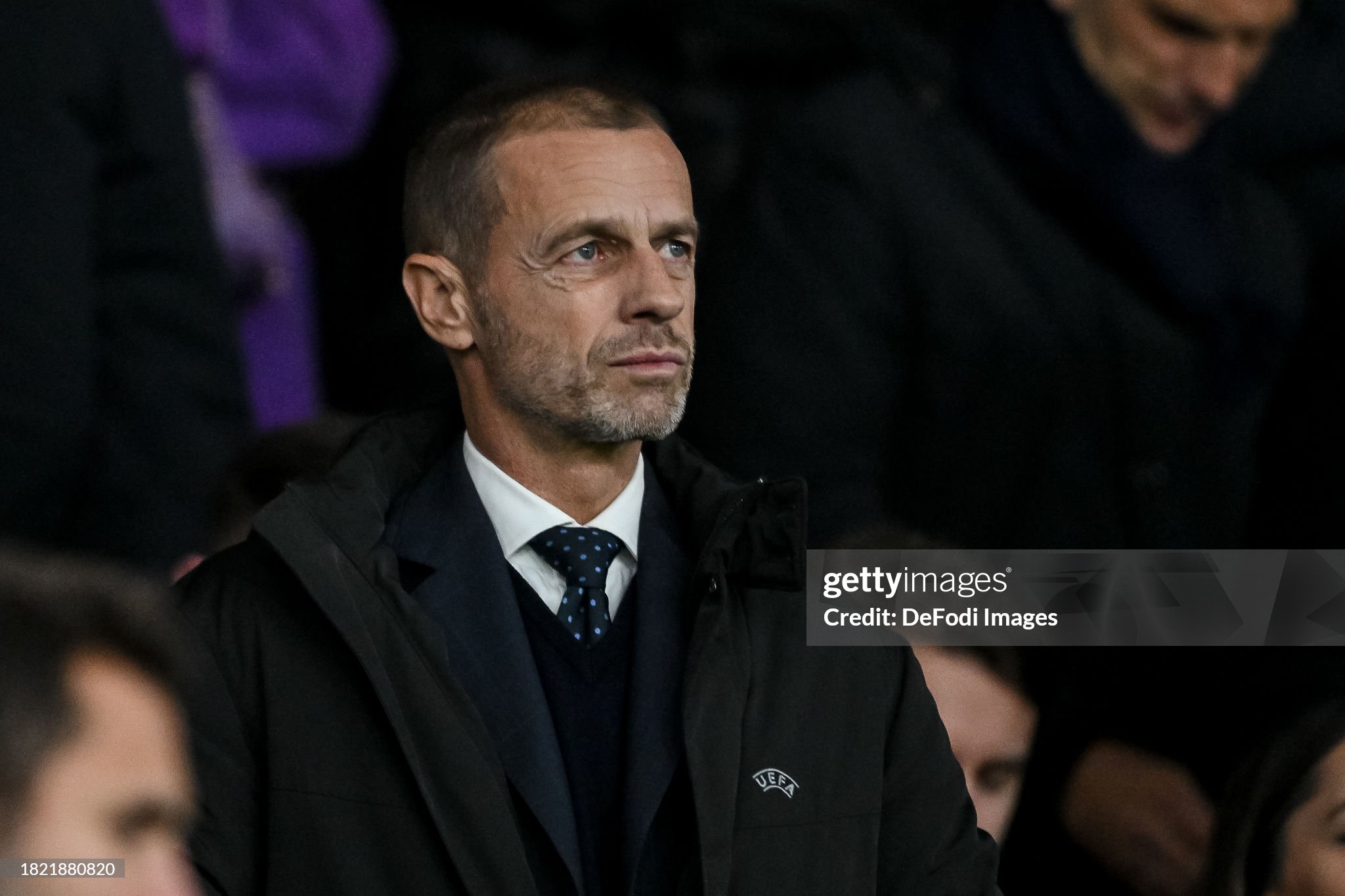
Aleksander Ceferin is not worried that the ruling of the European Court of Justice on the Super League will change much. The President of the Union of European Football Associations (UEFA) is not afraid that the super competition will now come to fruition. The same sentiment is shared by La Liga boss Javier Tebas.
The opposition to the Super League, as expressed by UEFA President Aleksander Ceferin and echoed by FIFA, represents a significant stance in European football's governance.
This resistance is not just from the governing bodies, but also from a wide range of clubs across Europe's top leagues. The collective voice of these clubs, which two years ago played a crucial role in the collapse of the initial Super League proposal following widespread fan protests, continues to be a formidable force against the concept.
Ceferin's remarks to Sky Sports reveal a confident and somewhat dismissive attitude towards the continued efforts of Barcelona and Real Madrid in championing the Super League. His comment, "I hope they start their fantastic competition as soon as possible… with two clubs," highlights the lack of widespread club support for the Super League and suggests a skepticism about the feasibility and appeal of such a competition with limited participation.
Ceferin's assertion that football is not for sale underlines UEFA's commitment to preserving the sport's traditional competitive structures and values. This sentiment is crucial in understanding UEFA's position, emphasizing that the integrity and inclusivity of football competitions are non-negotiable principles in the eyes of the governing body.
The characterization of the Super League as a closed system, even in its revamped format, is a significant point of contention. This structure contradicts the fundamental principle of sporting merit which is central to football competitions in Europe. Ceferin's comments and FIFA's subsequent statement underscore a united front against the creation of any competition that undermines the principle of merit-based qualification and the open nature of football competitions.
FIFA's statement reinforces this stance, declaring, "There is no place in Europe for a Super League. Only sporting achievements count. Football is for everyone, keep it open." This strong declaration from the world's football governing body adds weight to the argument against the Super League and reflects a broader consensus within the football community.
The ongoing debate over the Super League represents a crucial moment in the history of football governance. The resistance from UEFA, FIFA, and various clubs underscores a collective effort to protect the sport's integrity and ensure that its future is guided by principles of fairness, competitiveness, and inclusivity. This united stand by football's governing bodies and clubs sends a clear message about the values that should continue to shape the sport in the years to come.



